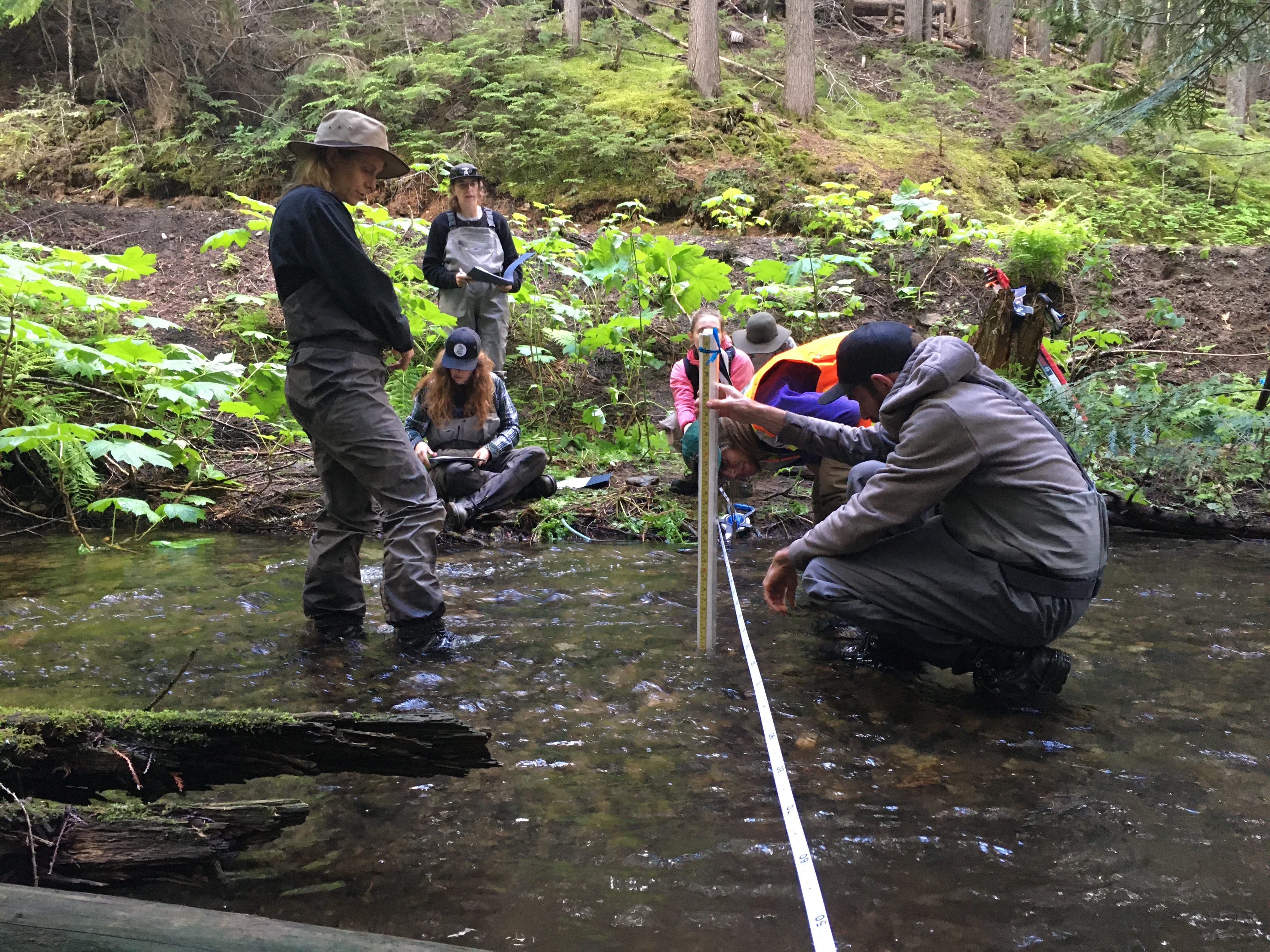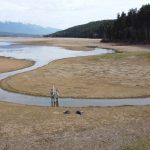Three ways CBWM contributes to individual well-being
By Anwen Rees, LLC Program Assistant
I started working as a Program Assistant for Living Lakes Canada’s STREAM program three months ago. I have an educational background in conservation, and had previously worked in government and academia in various programs surrounding freshwater research. In my previous positions, conducting field work was my favourite thing to do. I love being outside, and it never feels like work when I am able to spend a day on a lake or by a stream.
When I was in university, I took a community forestry class and became extremely interested in community-based movements. I learned that when communities are given more agency over how land is used, this can result in much more healthy, resilient populations and environments. Community-based water monitoring (CBWM) provides such an amazing opportunity to become involved in a community-based movement that fits with these same principles.
However, I was interested in the benefits of CBWM for individuals. Although CBWM is essential for filling data gaps in Canada’s watersheds, there are hidden benefits to CBWM that improve individual well-being for participants: opportunities for meaningful action, increased social connection and time in nature.
 Meaningful action
Meaningful action
CBWM is a vital component to helping communities adapt to climate change. Climate change will impact water everywhere, but according to the WWF-Canada’s 2020 Watershed Reports 60% of the watersheds in Canada are data deficient so to identify those watersheds that need urgent conservation action, more water monitoring is needed. Participating in CBWM is part of the solution and, as well, is helpful to address climate grief.
Social Connection
Participating in CBWM is a reliable way to meet up with people regularly who like being outdoors and who care about water. This constructs a consistent, purposeful social network of like-minded people. According to the American Psychological Association, building a community of like-minded people is helpful to address eco anxiety. As well, during climate change, social connections are key to building individual and community resilience.
Time in Nature
Time in nature improves mood and immune system function, and lowers blood pressure, stress hormones, feelings of isolation and anxiety. People who spent at least 120 minutes per week in nature were more likely to report high well being, and spending time near water specifically increases feelings of calm, creativity and connection. CBWM provides outside accountability, which makes spending consistent time in nature easy. Participating in CBWM requires consistency, which provides the most psychological and physiological benefits.
Participating in CBWM can provide participants with new friends, connect them to beautiful places, and give them a feeling of purpose and meaning. CBWM provides a win-win framework that prepares communities for climate change while making participants feel happier, healthier and more connected. CBWM groups visit beautiful streams, lakes and rivers. Participants find favourite spots and see them change through the seasons or over the years.
I am so grateful that I get to work in such an innovative and important movement toward community-based management, while also experiencing the individual benefits to my well-being. If you are interested in joining a CBWM group, contact info@livinglakescanada.ca for more information about programs in your area.





